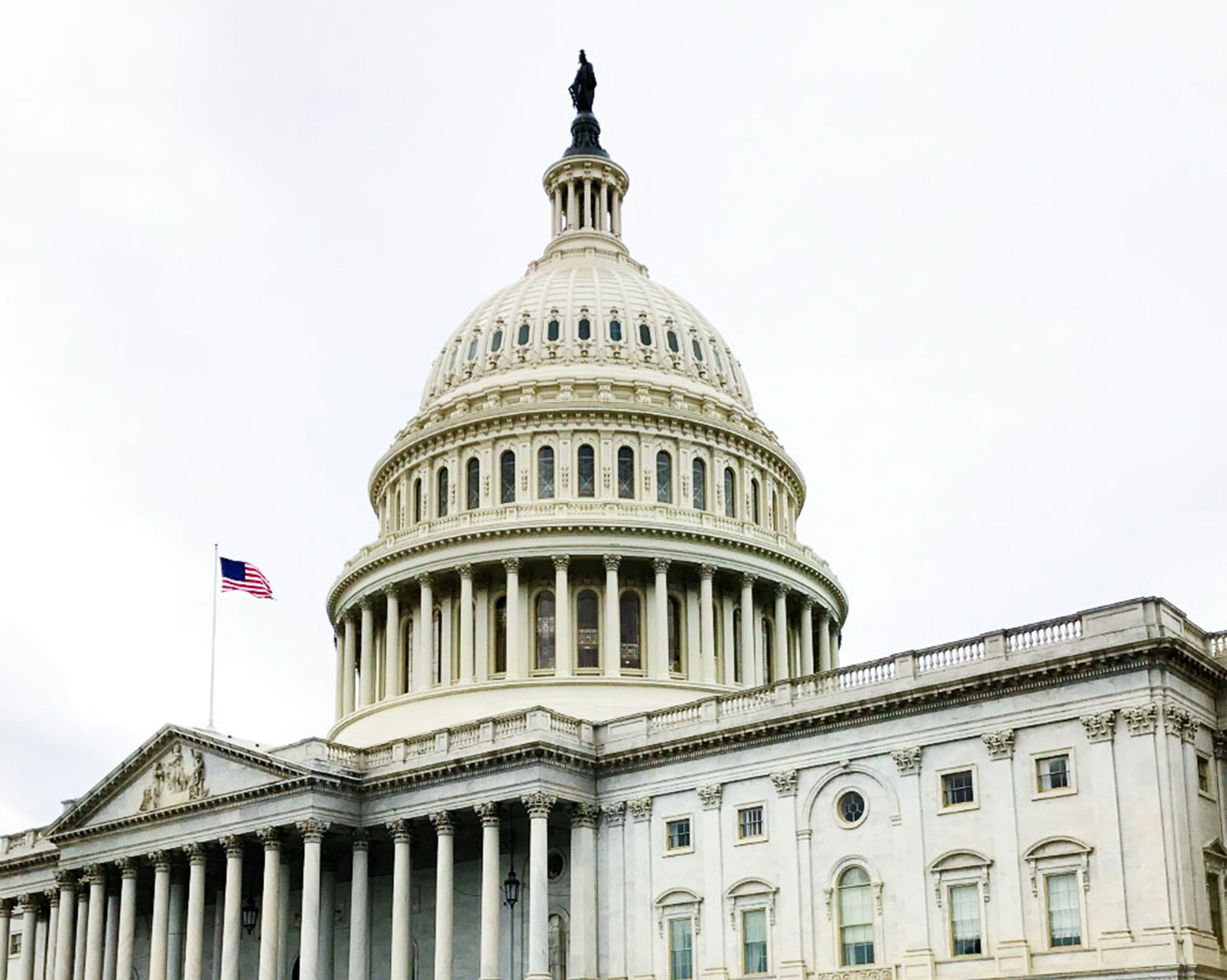
Court Strikes Down EEOC Gender Identity-Based Harassment Guidance
- Breaking News
Last year, the Equal Employment Opportunity Commission issued its Enforcement Guidance on Harassment in the Workplace, which included, among other things, provisions specifically directed to harassment based on an employee’s gender identity. In general, EEOC Enforcement Guidance does not have the force of law but explains how the agency interprets Title VII and how it will seek to enforce the law.
With respect to gender identity, the Enforcement Guidance stated that illegal sexual harassment includes the “repeated and intentional use of a name or pronoun inconsistent with the individual’s known gender identity (misgendering)” and the “denial of access to a bathroom or other sex-segregated facility consistent with the individual’s gender identity.” By way of example, it also explained the Commission’s view that a prohibition on an employee designated male at birth from dressing as a female at work would constitute harassment based on gender identity.
The State of Texas challenged the Enforcement Guidance as beyond the EEOC’s authority and beyond the scope of Title VII’s prohibition on sex discrimination. A federal judge in Texas agreed and struck down the sections of the Guidance related to gender identity.
After taking office, the Trump administration issued an Executive Order directing the EEOC to rescind the Enforcement Guidance, but the EEOC (as it was then composed) refused. Trump removed those defiant Commissioners and the EEOC now lacks a quorum to take any action. The Executive Order, however, makes it virtually certain that the EEOC will not appeal the Texas judge’s ruling.
In the landmark Bostock v. Clayton County decision, the U.S. Supreme Court held that taking an adverse action against an individual because they are transgender (i.e., they present as a different sex than was assigned to them at birth) is inherently discrimination because of sex. In that decision, the Court expressly declined to decide whether an employer that assigned a transgender individual to follow a dress code or use a bathroom or changing room consistent with their sex-assigned-at-birth violated Title VII.
The Biden Administration’s Enforcement Guidance said that such rules would constitute unwanted sex-based conduct, which, if severe and pervasive in the aggregate, could lead to a successful harassment claim. This Texas district court judge struck that down, but his decision is only persuasive, not binding, on other courts. Employers should confer regularly with counsel to address risk mitigation in this uncertain and evolving area of the law.
If you have any questions or would like additional information, please contact Al Vreeland at (205) 323-9266 or avreeland@lehrmiddlebrooks.com.





